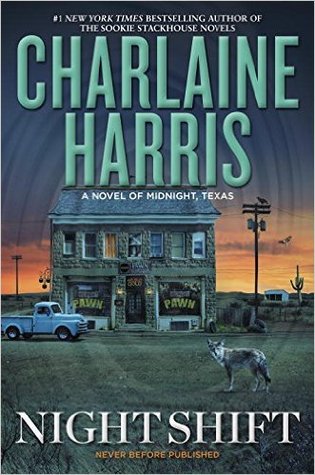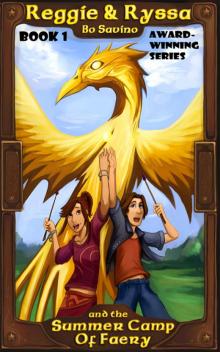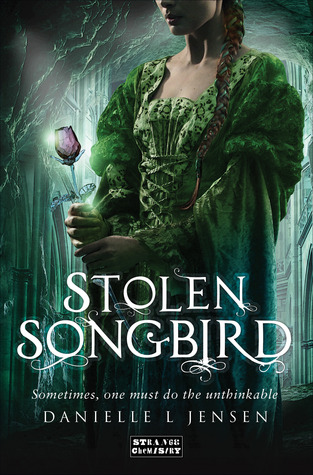Weird Tales, Vol. II (of 2)
_preview.jpg)
_preview.jpg)
Author: E. T. A. Hoffmann
Category: Fantasy
Published: 2010
Series: Weird Tales
View: 197
Read OnlineNotwithstanding the popularity which several of Hoffmann's tales have obtained in many different countries, we are not aware of any complete or accurate translation of his works. In England they have become known in a very partial form, chiefly by the appearance of a few isolated tales in association with those of other writers, as in the 'Specimens of German Romance,' or in Gillies' 'German Stories,' which were published about 1830. Others are familiar only through the medium of a translation from a previous French version, as is the case with the well-known 'Nutcracker,'--and in this process of double dilution the Author's name has sometimes disappeared altogether. The most important attempt to present this writer to English readers is the recent publication of two volumes entitled 'Hoffmann's Weird Stories,' which contain eleven tales seven being from the Serapions-Brüder, two from the Nachtstücke, and two from other parts of his works. These stories are all separated from the setting in which, as in the present volume, they for the most part appeared, and the translator has not aimed at any completeness or method in their selection. The first attempt to give English readers a satisfactory idea of Hoffmann's work in its completeness is inaugurated by the present volume, which will be followed by the remaining portion of the Serapion Brethren, and in due course it is hoped by other portions of his works. Musicians will be interested by the fulness with which the Author's views on musical subjects so much in advance of his age, and so just and accurate are developed in many places, such as the dialogue called "The Poet and the Composer," and the conversation which precedes the tale "Master Martin." It would be of much interest could any of Hoffmann's numerous musical compositions be brought to light at the present day; they appear to have been considerably in advance of their period, although Weber's critique on one of Hoffmann's operas is full of high praise. A. E. Taunton, September, 1886.
 The Mountain Man's Baby Bears (Stormy Mountain Bears 2)
The Mountain Man's Baby Bears (Stormy Mountain Bears 2) Night Shift
Night Shift Dreams of the Damned (Atlantis Legacy Book 3)
Dreams of the Damned (Atlantis Legacy Book 3) The Book of Koli
The Book of Koli Untamed
Untamed The Dark Messiah
The Dark Messiah Reggie & Ryssa and the Summer Camp of Faery
Reggie & Ryssa and the Summer Camp of Faery Stolen Songbird
Stolen Songbird